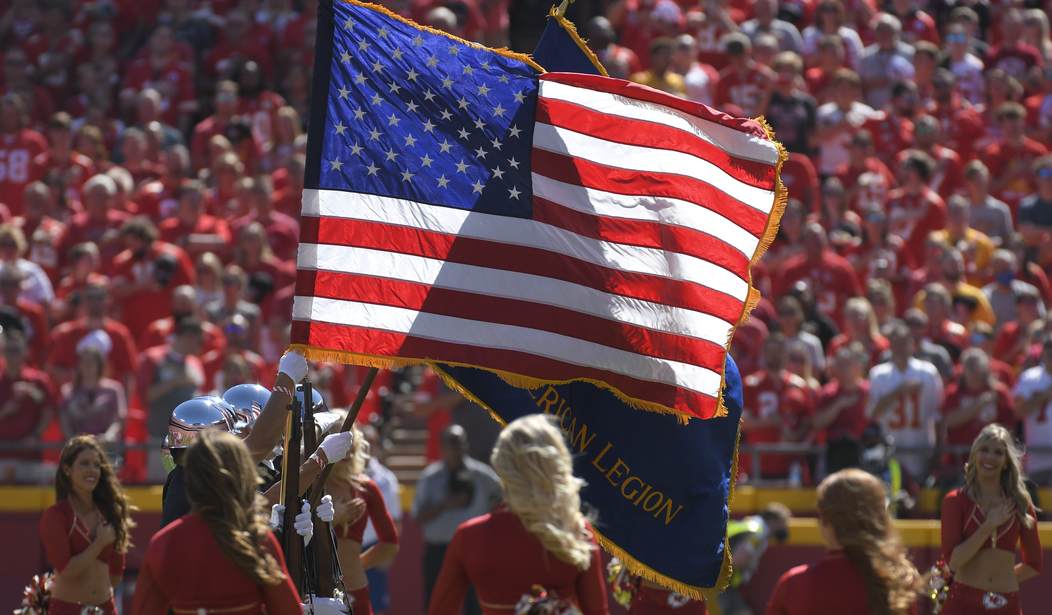Today marks the 230thanniversary of the ratification of the Bill of Rights, the foundational document that guarantees basic liberties—like freedom of religion, speech, and association—to all American citizens. Never has it been more important for us to reflect on those rights, for never before have those rights been more threatened than they are right now.
Our nation is fixated on the idea of “rights.” But even as we throw the word around constantly, we’re in danger of forgetting what rights actually are: who grants them, who has them, and what they really mean. If we lose sight of the truth about our rights, we risk losing the rights themselves.
The basis of the American understanding of rights derives from our founding documents: the Declaration of Independence, the Constitution, and the Bill of Rights. In those documents, the Founders recognized that the source of these rights is God; indeed, the Declaration describes humanity as being “endowed” with “certain unalienable rights” by our Creator. Divorce humanity from God, and it’s only a matter of time before our understanding of rights collapses.
That is precisely what we’re seeing today: a crisis of “rights,” in which many people do not recognize rights as the precious, God-given gifts that they are. Instead, people have begun to think of “rights” as dispensations from the government, things that can be given and withheld based on whatever is popular at that particular moment.
This misunderstanding has serious consequences. If God is the source of our rights, then no person and no government has the authority to deprive someone of those rights. But if our rights are bestowed by our government, then our government can take them away.
Recommended
And that is exactly what we are facing today—a grave threat to our rights by the government and other powerful entities.
For example, many in America—including many elected officials—no longer tolerate diverse religious beliefs in the public square. In fact, many Americans no longer tolerate religion at all. Instead of viewing it as a positive influence on society, they see it as a harmful phenomenon that needs to be stamped out. Some leading voices—in media, academia, and the business community—regularly treat religion as an antiquated vehicle for discrimination and even openly advocate for government restrictions on religious exercise.
This certainly does not bode well for religious people, but it also poses grave problems for secular people, because without religious freedom we have no other freedoms. Those who aren’t religious benefit just as much from the Bill of Rights’ protections as those who are.
Freedom of religion—premised on the idea that everyone should be free to live in alignment with their conscience—lays the groundwork for freedom of speech, freedom of association, freedom of the press, and a host of other freedoms that we take for granted today. Once we permit the government to restrict or punish people on the basis of religion, we have opened the door to all kinds of restrictions that will eventually bring the end of our free society.
A second danger to freedom in America today is a fundamental misunderstanding about freedom of speech. Today, many government authorities and entities with monopolistic power treat free speech as a vice, not as the virtue it is. They believe that the only way to create a “tolerant” society is to silence, restrict, and punish speech with which they disagree. And they are willing to use their levers of power to achieve those ends.
They preach an ironic impossibility: that tolerance requires intolerance, and that freedom requires us to give up our free speech or allow it to be censored.
The truth is quite different. The answer to an idea we don’t like is not to stifle that idea, but to respond to it with an idea we think is better. The idea that speech we disagree with should be punished is dangerous, not just to the people being silenced today, but to everyone. Once we allow the government to decide what is acceptable speech and what is not, anyone’s speech can be targeted. The “acceptable” speech of today may be unacceptable tomorrow.
That’s why it is in the best interest of every American—religious or secular, conservative or progressive—to uphold and strengthen the freedoms protected in the Bill of Rights. Those rights, which include the right to hold unpopular beliefs and to say unpopular things, are vital to protecting those who hold minority views. Societies change; the majority of today may be the minority of tomorrow.
It is one of our nation’s great virtues that its founders recognized the true source of these rights, and from the beginning enshrined protections for our basic freedoms … protections that have weathered cultural changes and persist to this day.
But it is up to each of us today to preserve those protections for tomorrow—for all of us.
David Cortman is senior counsel and vice president of U.S. Litigation with Alliance Defending Freedom(@Alliance Defends).

























Join the conversation as a VIP Member